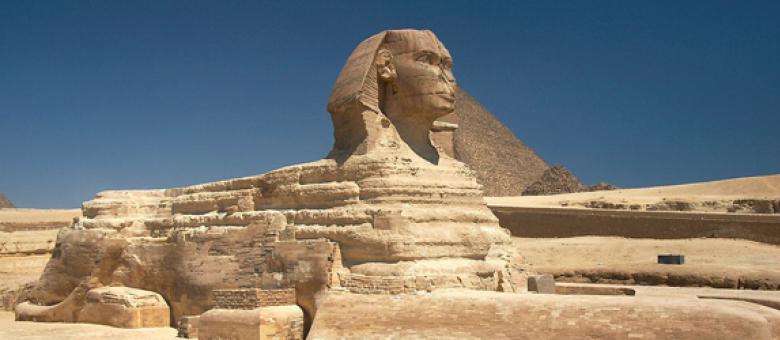
Kalender

ICOM Palmyra-Gespräche: Raubgräber aus Tradition?
Kulturerbe in Ägypten nach dem Arabischen Frühling 2011
Vortrag in englischer Sprache von
Dr. Monica Hanna
Head of the Cultural Heritage Unit – The Arab Academy for Science, Technology and Maritime Transport in Aswan
Donnerstag, 27. September 2018, Kunsthistorisches Museum Wien, Bassano-Saal

Seit den Aufständen während des Arabischen Frühlings im Jahr 2011 haben die Plünderungen in Ägypten stark zugenommen: Alt-Ägyptische, Koptische, Islamische und zeitgenössische Kulturerbestätten werden dabei gleichermaßen angegriffen. Durch diese andauernde Attacke auf das ägyptische kulturelle Erbe sind in den letzten Jahren verstärkt geraubte Objekte im internationalen Antiquitätenhandel aufgetaucht. Neue Sammler in der Golf-Region, im Fernen Osten und in Ost-Europa haben die Nachfrage nach antiken und ethnographischen Objekten aus Ägypten zusätzlich zu den traditionellen Märkten in Europa und Nord Amerika noch verstärkt. Die Profite, die aus den Raubgrabungen und dem illegalen Handel erzielt werden, finanzieren die Aktivitäten der organisierten Kriminalität und oft auch von Terrororganisationen. Monica Hanna zeigt in ihrem Vortrag die Vorgehensweisen und Dynamik der Plünderungen auf, sie dokumentiert besonders betroffene Areale und beschreibt die illegalen Routen auf denen die Objekte außer Landes gebracht werden.
Die Online-Anmeldung ist geschlossen.
PROGRAMM
Begrüßung
Dr. Regina Hölzl, Direktorin, Ägyptisch-Orientalische Sammlung, Kunsthistorisches Museum Wien
Mag. Elke Kellner, Geschäftsführerin, ICOM Österreich
Einführung
Botschafterin Dr. Teresa Indjein, Sektionsleiterin Kulturelle Auslandsbeziehungen, Bundesministerium für Europa, Integration und Äußeres
H.E. Omar Amer Youssef, Ambassador of the Republic of Egypt to Austria
Keynote
“The State of Egyptian Heritage Post 2011”
Dr. Monica Hanna, Head of the Cultural Heritage Unit – The Arab Academy for Science, Technology and Maritime Transport in Aswan
Born in Heliopolis, Egypt she began her academic studies at the American University in Cairo, where she majored in Egyptology with a minor in Archaeological Chemistry. She then pursued her doctorate at the University of Pisa with a dissertation on the "Problems of Preservation of Mural Paintings in the Theban Necropolis: a Pilot Study on the Theban Tomb 14 using 3D Scanning Techniques." Throughout her studies and especially since completing her PhD, she has been actively involved with protecting Egypt's archaeological sites, but also with issues of cultural identity and education of these important aspects. She has been a member of archaeological expeditions at Saqqara and Thebes as well as several cultural resource management projects around Egypt, notably at Serabit el-Khadim. She furthered her research and engagement through a post-doctoral fellowship at the Humboldt Universität zu Berlin. 2016 she was appointed as Associate Professor and Founding Dean of the newly founded College of Archaeology of Cultural Heritage at the Arab Academy of Science, Technology, and Maritime Transport. The Academy is part of the Arab League University system with campuses in Cairo, Alexandria, and Aswan.
During her Post-Doc in Berlin, she decided to return to Egypt to document the looting situation there in light of the 2011 uprising. Making use of the power of social media, Dr. Hanna created and maintains the Egypt's Heritage Task Force, which documents these losses of cultural heritage around Egypt and brings them to the attention of the world stage. She has worked tirelessly to reduce the illicit trade in antiquities and worked with government officials to protect Egypt's cultural heritage. For her work, she received the 2014 SAFE Beacon award and was appointed UNESCO Monuments Woman.
ICOM RED LIST - ÄGYPTEN
zum Download: https://icom.museum/en/ressource/emergency-red-list-of-egyptian-cultural...
Photo-Credit: Sphinx. Werner Berthold. This file is licensed under the Creative Commons Attribution-Share Alike 3.0 Unported license.





